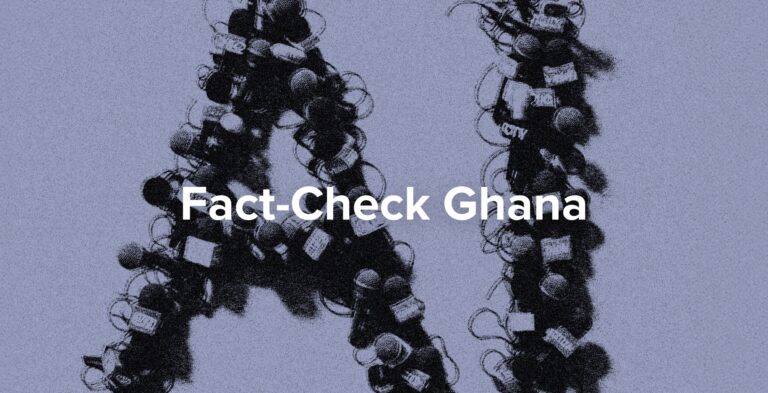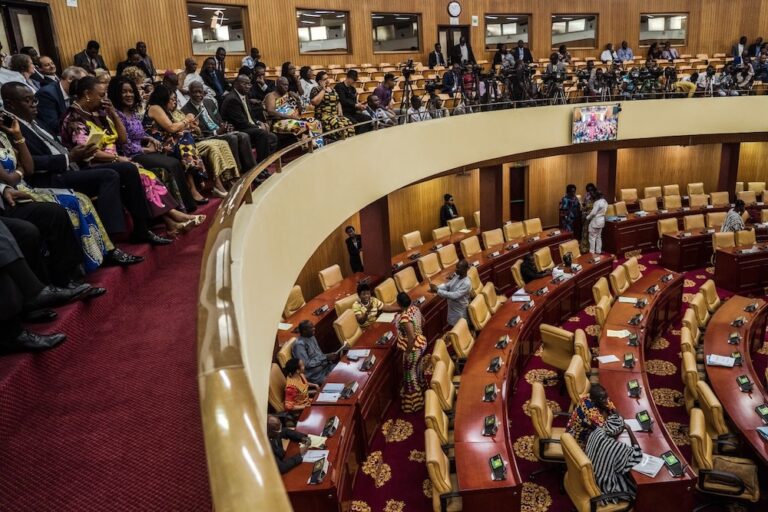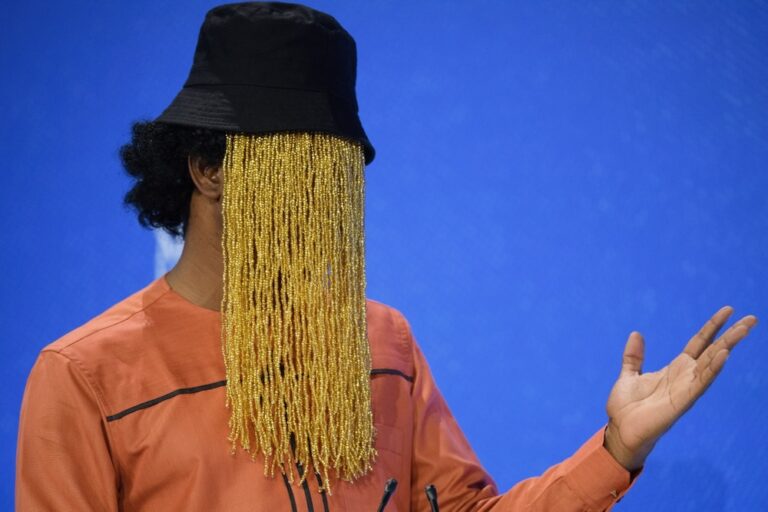(MFWA/IFEX) – On 19 October 2006, Emmanuel Opoku, a reporter with the “Daily Guide”, a privately-owned daily, was prevented by a group of ruling New Patriotic Party (NPP) supporters from covering a press conference in the Western Region. He was accused of biased reporting. The journalist alleged that he was manhandled and insulted by the […]
(MFWA/IFEX) – On 19 October 2006, Emmanuel Opoku, a reporter with the “Daily Guide”, a privately-owned daily, was prevented by a group of ruling New Patriotic Party (NPP) supporters from covering a press conference in the Western Region. He was accused of biased reporting. The journalist alleged that he was manhandled and insulted by the supporters, numbering about 15.
Narrating the incident to MFWA’s correspondent, Opoku said he was at the venue to cover a press conference by the Member of Parliament Samuel Johnfia, who was calling for the resignation of the District Chief Executive (DCE) Kwesi Biney, with whom he had a long-standing dispute.
The reporter said that, following an order by one supporter, Kwesi Tawiah, “a group of young men numbering about 15 rushed upon me, pushed and heckled me to go away.” Opoku said that, but for the timely intervention of police personnel, the irate supporters would have lynched him.
Tawiah, however, dismissed the journalist’s assertion and accused him of being unprofessional and a “hireling of the DCE.”
In a separate incident that took place barely a week prior, on 13 October, Agya Kwabena, a reporter with Space 87.7 FM, a local independent radio station based in Sunyani, the capital of the Brong Ahafo Region of Ghana, was summoned and questioned over a story he filed on an ongoing teachers’ strike action.
MFWA learned that officials of the Regional Security Council (REGSEC) disagreed with his report and subjected him to about 45 minutes of questioning. The officials insinuated that his report was intended to undermine national security and embarrass the government.
MFWA considers these attacks on journalists as clear interference in the editorial independence of journalists, a key prerequisite for press freedom. MFWA wishes to remind the perpetrators of these acts that the intimidation and harassment of journalists imposes a regime of fear and indirect censorship, contrary to the provisions of the 1992 Constitution of Ghana, which guarantees freedom of expression.
MFWA reiterates that security agencies, party supporters and individuals should tolerate fair and just criticism, so that journalists can perform their constitutionally mandated watchdog role as enshrined in the Ghanaian Constitution and in other regional, continental and international protocols and instruments to which Ghana is a signatory.


